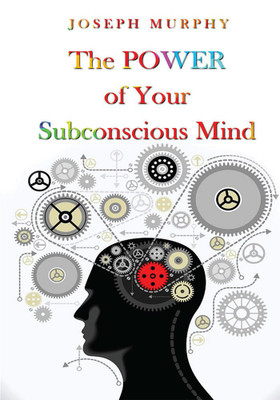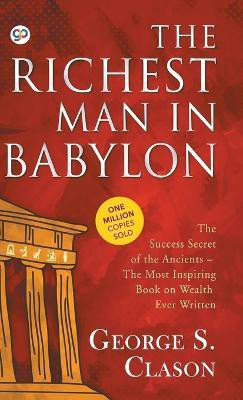

Freedom Sale starts in32 mins : 52 secs
The Thought of Mao Tse-Tung (English, Hardcover, Schram Stuart)
Share
The Thought of Mao Tse-Tung (English, Hardcover, Schram Stuart)
Be the first to Review this product
₹114/month
36 months EMI Plan with BOBCARD
Special price
₹3,230
₹3,800
15% off
Coupons for you
T&C
Available offers
T&C
T&C
T&C
T&C
Delivery
Check
Enter pincode
Delivery by20 Aug, Wednesday
?
View Details
Highlights
- Language: English
- Binding: Hardcover
- Publisher: Cambridge University Press
- Genre: History
- ISBN: 9780521325493, 9780521325493
- Pages: 256
Services
- Cash on Delivery available?
Seller
Description
The most general and probably the most lasting expression of Mao Tse-tung's contribution to the Chinese revolution was his thought. Stuart Schram's book examines the unfolding of Mao's ideas, and in so doing sheds light on other aspects of Mao Tse-tung's life and times. The author traces the stages in the formation of Mao's thought from the May Fourth period through the peasant movement, the long years of armed struggle against the Kuomintang and the Japanese invaders, the foundation of a new state, his efforts to devise a 'Chinese road to socialism', the Sino-Soviet split, and the so-called 'Great Proletarian Cultural Revolution'. Professor Schram offers a fascinating and sure-footed analysis of Mao's intellectual itinerary, recognizing the positive value of the participatory and anti-bureaucratic thrust of his thought, and of his efforts to link Marxism with Chinese reality, but underscoring also the irrationality of the Great Leap strategy, and the destructive consequences of the personality cult, which led in the end to a combination of anarchy and despotism.
Read More
Specifications
Book Details
| Imprint |
|
Series & Set Details
| Series Name |
|
Dimensions
| Width |
|
| Height |
|
| Length |
|
| Weight |
|
Be the first to ask about this product
Safe and Secure Payments.Easy returns.100% Authentic products.
Back to top






